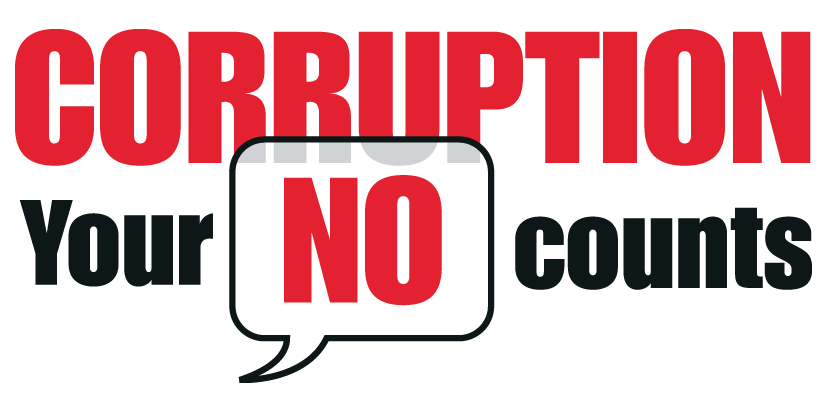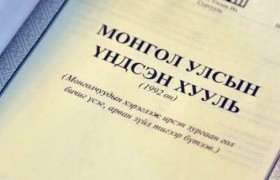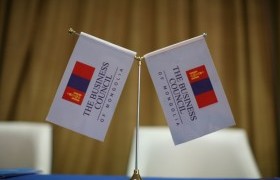
Аnti corruption position statement of the Business Council of Mongolia
ANTI CORRUPTION Position Statement
of the Business council of Mongolia
Corruption, and in particular bribery, are increasingly relevant topics for businesses around the globe.
Based on an estimate by the World Bank, USD 1 trillion is lost to bribes every year. This number shows the vast size of the problem.
Corruption creates costs and risks for companies, and generates enormous negative impacts for political, economic, and social development. While corruption is frequently understood to be an exclusive problem of the public sector, companies often create the supply side to corruption.
As the public and the private sectors are part of the corruption equation, they must also be part of the solution by working together to implement effective anti-corruption measures.
To this end, the Business Council of Mongolia (BCM) has established the Business Ethics Working Group (the Working Group) to help members enhance internal controls, promote best practices and responsible business conduct, advocate for a transparent, and enable a healthier business environment through capacity-building activities, peer-learning sessions, and collective action.
To achieve the Working Group’s goals, we believe that Mongolia’s leaders must undertake genuine effort to improve governance and anti-corruption reforms.
Essential internal and external reforms will create the level playing field and business environment that generates sustainable growth. The recently passed National Anti-Corruption Strategy offers new reforms that can prevent corrupt behavior.
However, concrete actions and enforcement need to follow this long-awaited expression of political will to tackle corruption. The group, therefore, will support government implementation strategies, particularly those related to the private sector. The Business Council of Mongolia further calls on the government to:
- Create a strong legal framework consistent with international standards, such as the United Nations Convention Against Corruption (UNCAC), and encourages transparent, and ethical business practices;
- Enforce laws and policies related to anti-corruption, with a focus on systemic issues;
- Implement anti-corruption and integrity systems within government institutions and actively cooperating with business to tackle corruption; and
- Strengthen the Independent Authority Against Corruption (IAAC) by ensuring sufficient funding and securing it from political interference, giving it a stronger and more independent mandate.
Despite the important role the government must play in fighting corruption, companies must take responsibility for their actions. More and more national as well as international companies in Mongolia implement corruption-risk management systems and strive to operate with integrity.
However, the private sector has more to do, and our business leaders must strongly encourage and materially support others’ commitment to fight corruption. Therefore, the members of the Business Ethics Working Group commit to:
- Continuous improvement of integrity standards within their own organizations and the promotion of these standards amongst peers and business partners—this will include the development of exemplary policies, guidelines, and tools that can be applied by the business community to improve their integrity standards and practices;
- Active cooperation with the public sector to tackle corruption; and
- Collaboration with international organizations with the focus of combating corruption and promoting ethical and transparent business practices.
The Business Council of Mongolia
January 9, 2017
Ulaanbaatar




















